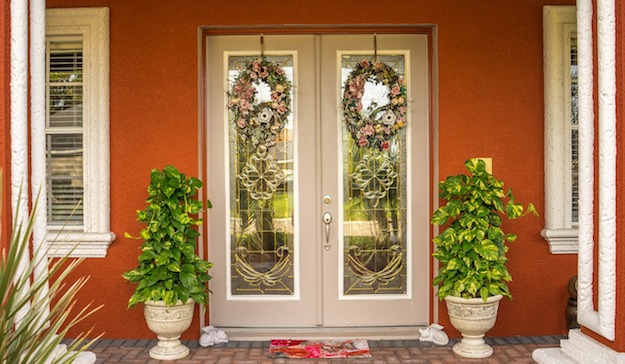Five Ideas for Celebrating Mother’s Day
April 27, 2017Choosing the Right Trustee for Your Living Trust
September 15, 2017As you approach retirement age, it’s time to start considering the next big steps in your life. This might include traveling, taking classes, and all sorts of activities that you didn’t have time for while you were raising a family and working full-time. It also includes considerations for how you’d like to live as you age. The perfect time to start planning is as soon as possible. This way, you’ll never have to worry that loved ones will need to make decisions for you.
As you age, living arrangements will become an issue. If you’re in good health when you retire, this might seem like a far-off future you don’t want to consider. But if you’d like to age in your own home, or have ideas about where you’d like to live out the last years of your life, planning ahead can make this transition much easier for yourself and your family.
Planning for your needs as you age will help you make sure that you’re as comfortable and content as possible throughout your life. Now is the perfect time to sit down and assess the type of lifestyle you might like in coming years. Here’s a checklist to get you started:
Get Legal Documents in Order
An elder law attorney can counsel you on the type of legal documents that would be beneficial for your life and situation. Some considerations might include creating a will, creating a trust, and consolidating your beneficiaries on insurance policies. You might also want to name an executor to handle financial matters and arrange for a health care proxy. Often illness is unexpected and it’s better to have these things set up properly as a safety precaution.
Make Renovations to Stay in Your Own Home
If you have a home you love and would like to remain there for your lifetime, it’s important to assess the house for your needs as you age. While you may be in good health now, consider that you may not always be able to climb stairs or may need modifications for certain areas of the home. Often these can be accomplished easily, such as installing chair lifts or ramps for steps and adding handrails to bathrooms. Another idea is to remodel your home to add a master bedroom on the first floor.
Think About Downsizing
The pre-retirement years are the right time to consider downsizing to a smaller home. Don’t just think about the size of the house, however. Pre-retirement homeowners consider many factors when making the decision to downsize. These include location, access to mass transit, walkability, and lot size and maintenance needs. Make a list of criteria and prioritize them to suit your living needs and preferences. Update the list from time to time. When you’re ready to start house hunting, you’ll have a ready-made strategy to help you find the right home.
For example, if you don’t want to have to drive everywhere, mow a large expanse of lawn, and walk upstairs to turn in for the night, your home search will focus on neighborhoods with access to public transit, homes with smaller lots, and homes with a first-floor master bedroom.
Be sure to make one of your criteria universal design features. These are home design features that make a home suitable for all ages and mobility levels. Doorways wide enough to accommodate a wheelchair or handicap rails in all bathrooms are just two examples. It’s important that you find a home that would be comfortable for you if you were limited in mobility.
Many retirees start making plans to age in place well before they need them. This gives you ample opportunity to prepare ahead of time and let your family know what your wishes are. If you or a loved one needs help in estate planning or has questions about elder law, contact us today for more information.



